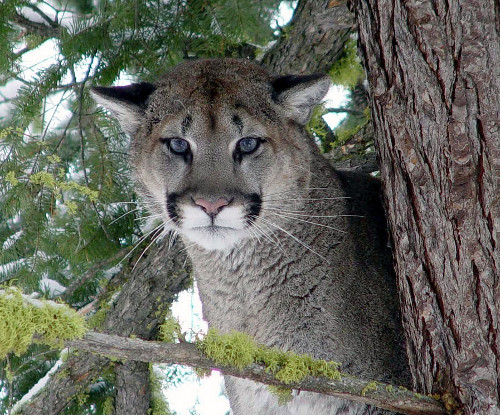SUBSCRIBE TO THE FREE NEWSLETTER
Imagining an Oregon town when abortion is illegal
Portland author Leni Zumas’s novel Red Clocks is getting scores of great reviews and climbing up the bestseller lists. Set in a small coastal Oregon town during a dystopian near-future when abortion is illegal, it’s an intense, lyrical, and almost mythical exploration of womanhood in a society determined to control their bodies.
If you haven’t already, you should check out the interview Sarah Marshall did with Zumas at Cascadia Magazine.
“Details that seemed far-fetched when I first wrote them—like locking up thirteen-year-olds who sought abortions—now seemed plausible. They are plausible. In an early version of the Republican tax bill, there was a provision for fertilized eggs to have college-savings accounts.”
There’s also an interview with Zumas up at Oregon Public Broadcasting. She’ll be reading from Red Clocks at the Book Bin in Salem, OR at 7 p.m. April 12, and at Broadway Books in Portland at 7 p.m. April 17.
Can Spokane get past NIMBYs & build more housing?
The Inlander reports on how Spokane, WA is starting to face a growing housing crisis. City council president Ben Stuckart claims the city needs to 11,000 units of new housing in the next 4 years to avoid steep rent increases. But the city’s community councils are raising a stink about increased density. Read more about how the three largest cities in Cascadia are dealing with soaring rents in a feature at Cascadia Magazine.
Protesters against LNG terminal build a longhouse
A group of protesters, including member of Puyallup Tribe, who are opposed to Puget Sound Energy’s proposed expansion of an LNG terminal in Tacoma have build a traditional long house in front of PSE’s headquarters, KING-5 reports. Steven Storms, in an editorial for Tacoma Weekly, lays out how the fracking required to obtain the LNG shipped from the terminal is an ecological disaster. And in related news, one of the “valve-turners” from Oregon who shut off tar sands in pipelines in 2016 will not have to serve jail time.
Oregon cougars are thriving, but urban interactions on rise
The Statesman Journal reports that cougar populations are on the rebound in Oregon, and in the Willamette valley, the population is estimated at over 1,000. But that also means human-cougar interactions are increasing, and the euthanizing of problem mountain lions by the Oregon Department of Fish & Wildlife is drawing criticism.
Scientists confirm: seagulls aim poop at us
Hakai magazine has the scoop: research recently published in Fecal News by a scientist from King’s University in Vancouver confirms that seagulls really enjoy pooping on humans and are successful about 90 percent of the time. The study examined 896,765 instances of defecation: “The strength of this study is in its large sample size. However, it’s hard to know the intentions of gulls. Could it just be a coincidence? More research is needed.” Also worth considering: the story was published yesterday on April 1.
Haida Now exhibit explores thousand of years of Haida art
The Georgia Straight reviews the Haida Now show at the Museum of Vancouver, a multi-media exhibit that completely reframes the museum’s extensive collection of Haida artifacts. Also highlighted are modern-era artists such as Charles Edenshaw and contemporary artists, including carver Corey Bulpitt and weaver Isabel Rorick.
An excerpt from “Brother” by David Chariandy
Granta has a lovely excerpt from David Chariandy’s novel, Brother, about Trinidad immigrants growing up in Toronto in the 1980s. A writing instructor at Simon Fraser University, Chariandy was recently nominated for the Giller Prize.
“There were restaurants with an average expiry date of a year, their hand-painted signs promising ice cream with the ‘back home tastes’ of mango and khoya and badam kulfi, a second sign written urgently in red marker promising that they’d also serve, whenever asked, the mystery of ‘Canadian food.’”
That’s all the Cascadia news, arts, and culture you can handle in one email. –Andrew Engelson
Photo credit: cougar courtesy of Washington State Department of Fish & Wildlife

